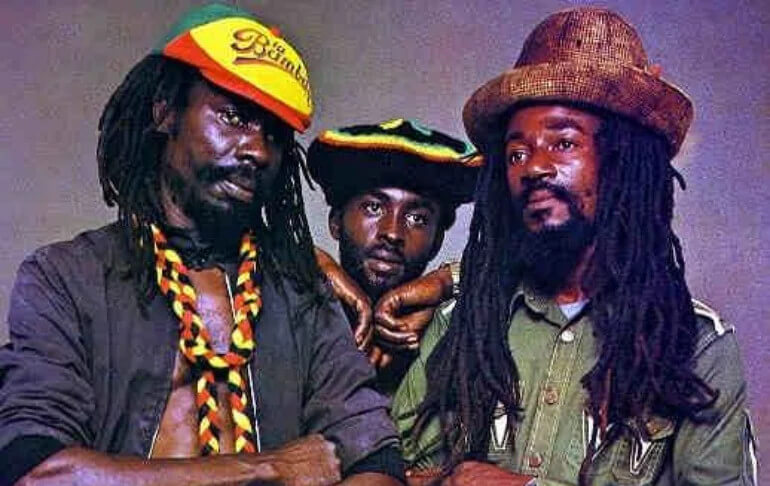Culture is an iconic Jamaican reggae group, a vocal trio that helped shape the sound and style of Rastafarian roots reggae. As suggested by the name, Culture’s lyrics focused mainly on spiritual, social, and political themes. The group is best known for its legendary album “Two Sevens Clash” and its charismatic leader, singer and songwriter Joseph Hill.
Born in the rural Jamaican parish of St. Catherine in 1949, Joseph Hill began his musical career as a sound system deejay, and by the late 1960s, he was a percussionist in the Soul Defenders group. It is said that he often recounted his childhood experience of crafting a homemade drum. With the Soul Defenders, which included artists like Nana McLean and Vincent Morgan, Joseph Hill made his first recording as a musician and lead singer at the legendary Studio One. His first single was “Behold the Land” in 1972.
In 1976, Joseph Hill founded Culture – initially known as African Disciples – with his cousin Albert Walker and Kenneth Dayes as backing vocals. Working with Joe Gibbs and engineer Errol Thompson (also known as the Mighty Two), the group debuted with the single “This Time” and recorded a series of influential singles like “Two Sevens Clash“. The latter was a Rastafarian vision of the approaching doomsday, which heightened public anxiety during a year marked by election-related tensions and violence.
According to billboard.com,
“Hill said ‘Two Sevens Clash’ was based on a prediction by Pan-Africanist Marcus Garvey, who said there would be chaos on July 7, 1977, when the “sevens” met. With its apocalyptic message, the song created a stir in his Caribbean homeland, and many Jamaican businesses and schools shuttered their doors for the day.”
The song also provided the title track of the group’s debut album, released in 1977 to tremendous acclaim. This record stood as a profound declaration against racial inequality and economic hardship, embodying a strong sense of spirituality. It enjoyed significant popularity in Jamaica and the United Kingdom, where the emerging punk rock movement resonated strongly with the album’s potent expression of disenchantment.
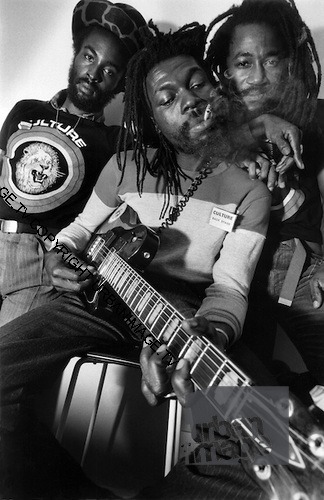
Culture’s second album was “Baldhead Bridge“, released by Joe Gibbs in 1978. By then, the group had moved to Sonia Pottinger’s High Note label. Here, they recorded three great albums quickly: “Harder Than the Rest”, “Cumbolo” and “International Herb”. It was an essential period for the band, as the trio performed at the legendary One Love Peace Concert in 1978 and later toured the U.K. with backing band the Revolutionaries. Joe Gibbs released Culture’s “More Culture” album in 1981.
Culture split temporarily in 1982. Hill used the band’s name to record his solo album “Lion Rock”, released in the United States by Heartbeat Records. Walker and Dayes made a few recordings with producer Henry “Junjo” Lawes.
In 1986, the trio came back together, presenting a refreshed and more refined musical style influenced by a broader range of musical inspirations. However, their powerful and unyielding message remained as compelling as ever. Their comeback albums, “Culture at Work” and “Culture in Culture”, were released and well-received that same year.
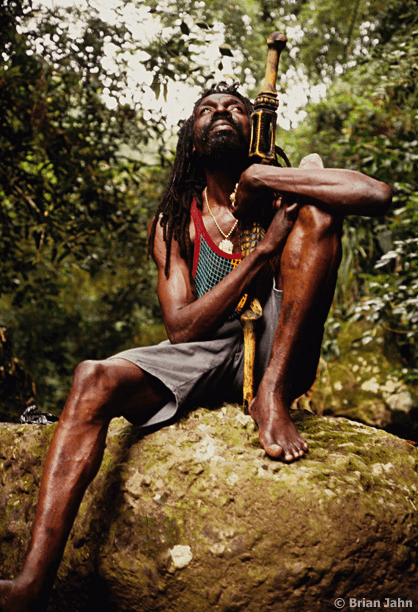
Culture restarted touring and recording albums throughout the late 1980s and early 1990s, including “Nuff Crisis”, “Good Things” and “Wings of a Dove”.
Kenneth Dayes left Culture in 1993 to pursue a solo career in dancehall. He was replaced by Ire’Lano Malomo, lead singer of Dub Mystic, which was Culture’s backing band while on tour. In 1999, veteran singer Telford Nelson substituted Malomo. The band continued touring and releasing occasional albums.
In the early 2000s, Joseph Hill demonstrated a keen desire to be faithful to his roots and a contemporary artist, recording duets with Buju Banton and Anthony B. He received many honors – including an induction into the Jamaican Reggae Walk of Fame and an Independence Award presented by the Prime Minister of Jamaica in 2005.
Unfortunately, Joseph Hill died in Germany in August 2006 while performing on stage. His son Kenyatta Hill assumed his role as lead singer of the group and completed several of his father’s unfinished songs on his 2007 solo release, Pass the Torch.
-
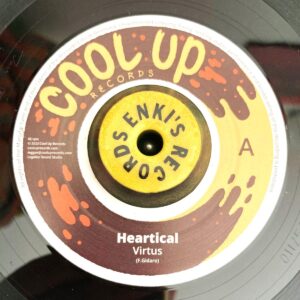 Virtus – Heartical / Version15,50€
Virtus – Heartical / Version15,50€ -
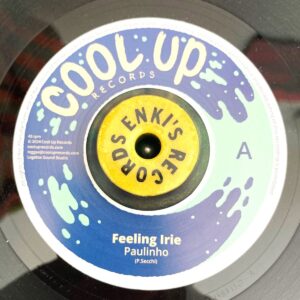 Paulinho – Feeling Irie / Feeling Dub15,50€
Paulinho – Feeling Irie / Feeling Dub15,50€ -
 High Paw – Burn Your Tag / Dub15,50€
High Paw – Burn Your Tag / Dub15,50€ -
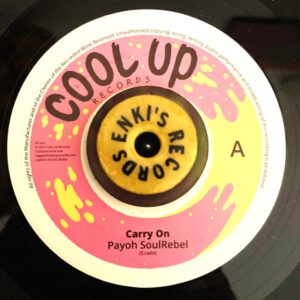 Payoh SoulRebel – Carry On15,50€
Payoh SoulRebel – Carry On15,50€ -
 Sailor Smile – I Put A Spell On You15,50€
Sailor Smile – I Put A Spell On You15,50€ -
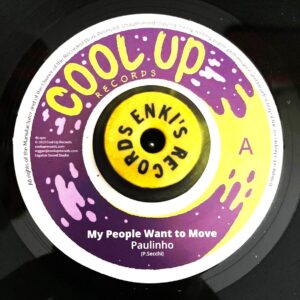 Paulinho – My People Want To Move15,50€
Paulinho – My People Want To Move15,50€ -
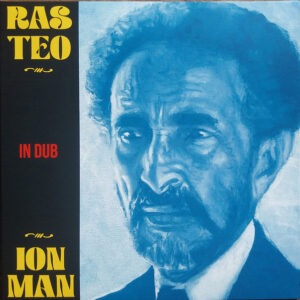 Ras Teo – Ion Man In Dub20,00€
Ras Teo – Ion Man In Dub20,00€ -
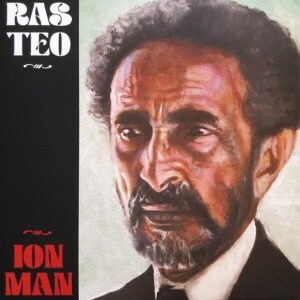 Ras Teo – Ion Man20,00€
Ras Teo – Ion Man20,00€ -
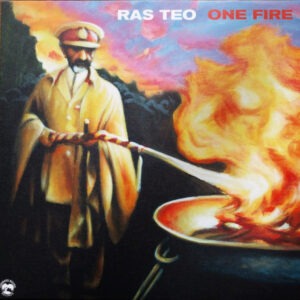 Ras Teo – One Fire20,00€
Ras Teo – One Fire20,00€
Sources:
https://www.allmusic.com/
https://www.last.fm/
https://www.billboard.com/

